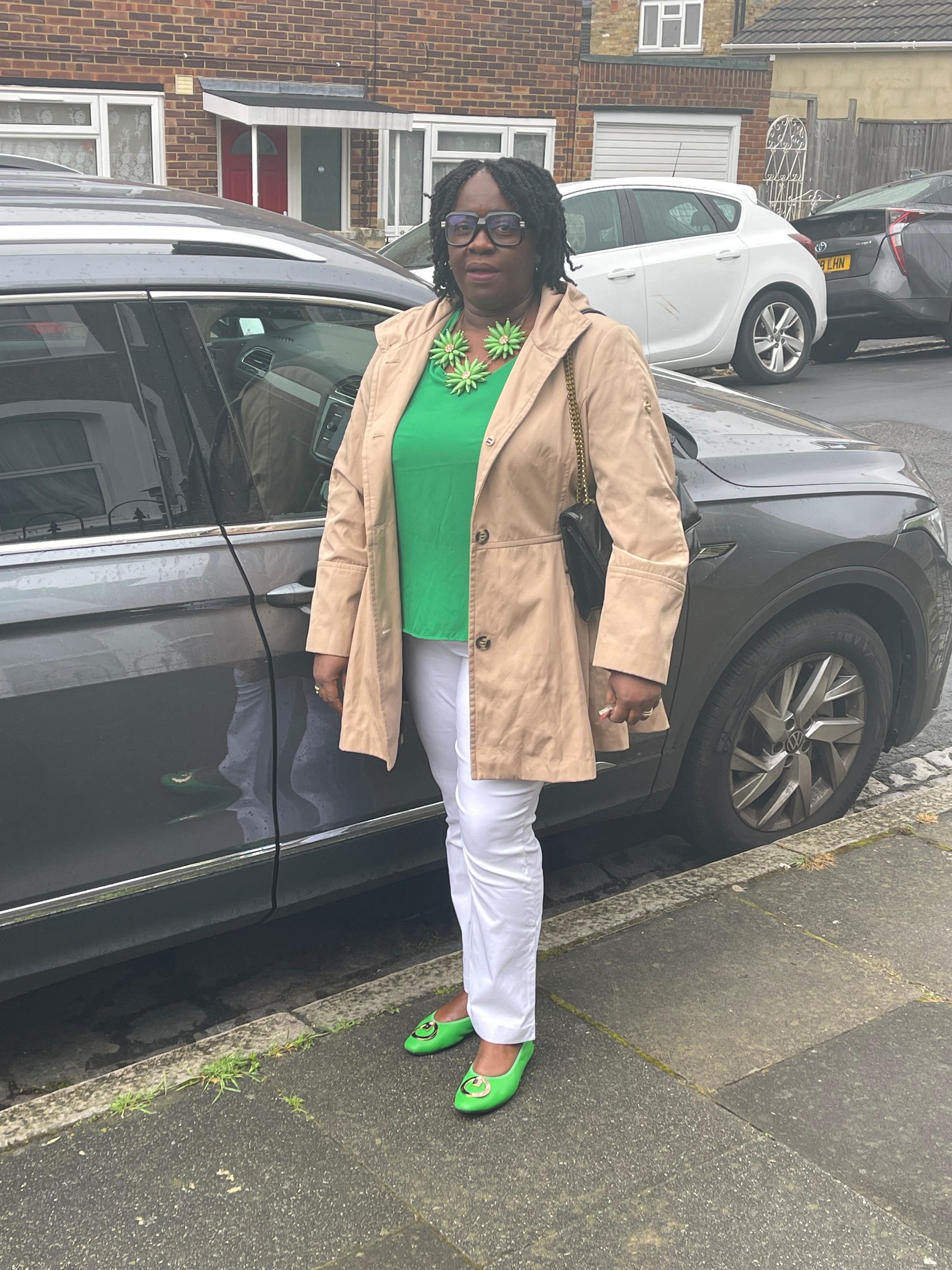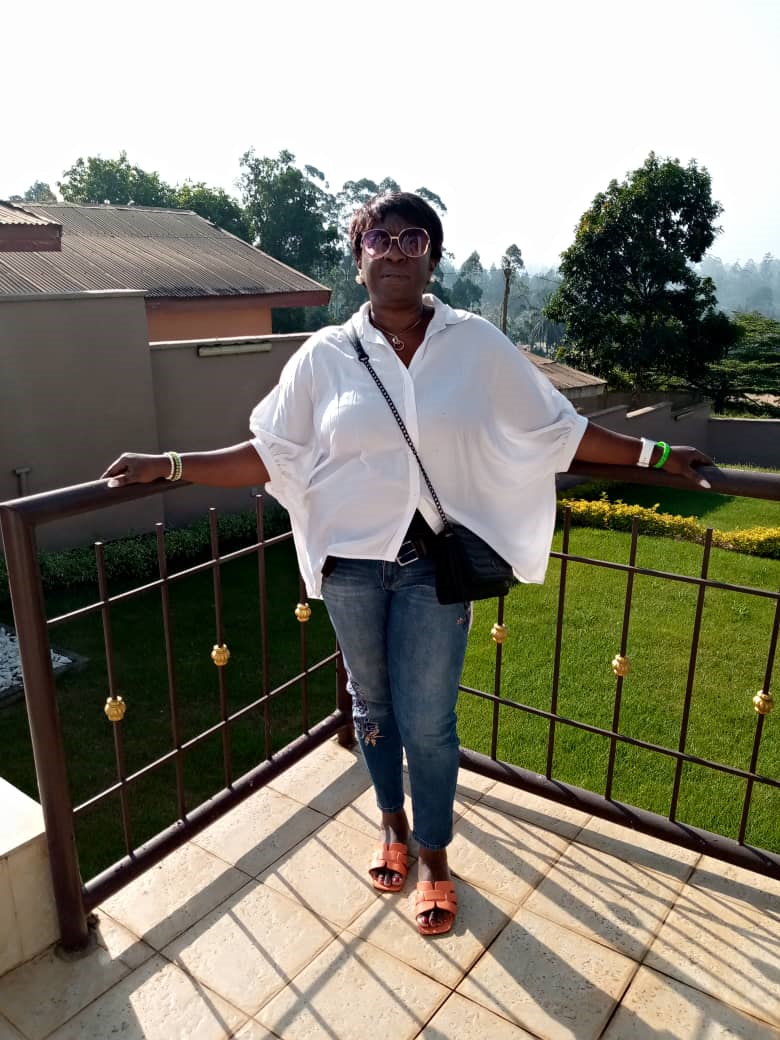Asking for help isn't an option - Edithe's story

Edithe, 51, is originally from Cameroon and now lives in south London. She is a full-time, unpaid career to three of her adult children who have autism and learning disabilities.
Edithe's support for her children covers all aspects of their lives. Since they can't live independently, they rely on her help. She drives them to school and activities, cooks for them, and helps them with daily tasks.
Healthwatch Greenwich's research
Edithe shared her story with Healthwatch England in June 2024.
Before this, she participated in Healthwatch Greenwich's research into the experiences of Black and ethnic minority carers.
Visit Healthwatch Greenwich's website to find out more.

Edithe receives some financial assistance from the council. However, support is very hard to find and is not clearly signposted. She only knows what support is available because she is part of a local carer's social network and by asking others in this group.
"If not for my carers group, I wouldn't know," Edithe explained. "Word is not out there."
The weight of responsibility
Edithe's story isn't only about support for her children. As the only carer for three adults with complex needs, the strain on Edithe's wellbeing is immense. She does not have enough time or energy to look after herself, too, and wants an assessment of her needs as well to help get her support.
"At the end of the day, you get burned out. Taking care of three adults is like having three jobs because they're all different. I need help myself, too," Edithe told us.
Overcoming cultural barriers

Adding to Edithe's challenge of getting caring support for herself and her children, she also has to contend with cultural obstacles. Many people from her culture don't want to be seen as 'not being able to cope,' so they find it very difficult to reach out for support.
"In my culture it's difficult for me to ask for help," Edithe says. "I can't bring myself to say 'I can't spend my whole day looking after my children', but that's what social services want you to say before they will help you."
"In my culture, I'm not seen as a carer. I'm seen as a mother doing my duty, and I shouldn't ask for help because 'that's just how it should be'. That's why a formal assessment is so helpful, because in reality I'm doing more than what should be expected from a parent."
What's stopping you from getting the help and care you need?
Do you, your family or friends find it difficult to ask for help or share feedback about your care? We want to learn more so we can help make it easier for you to get the help you need.
Your feedback is confidential and it can help to make a big difference for you and your community.
